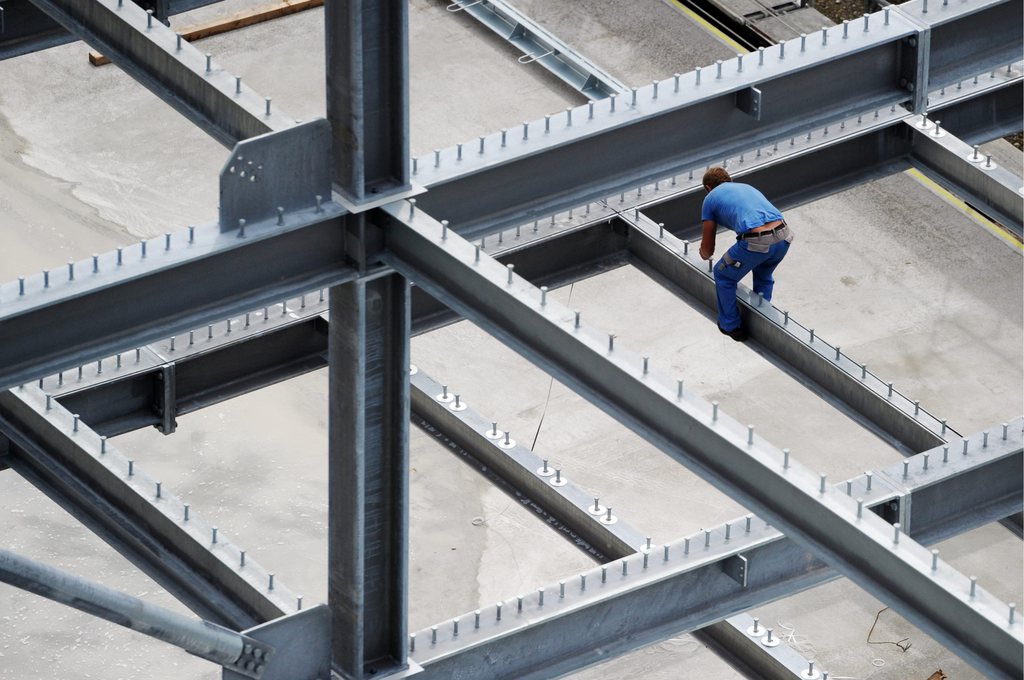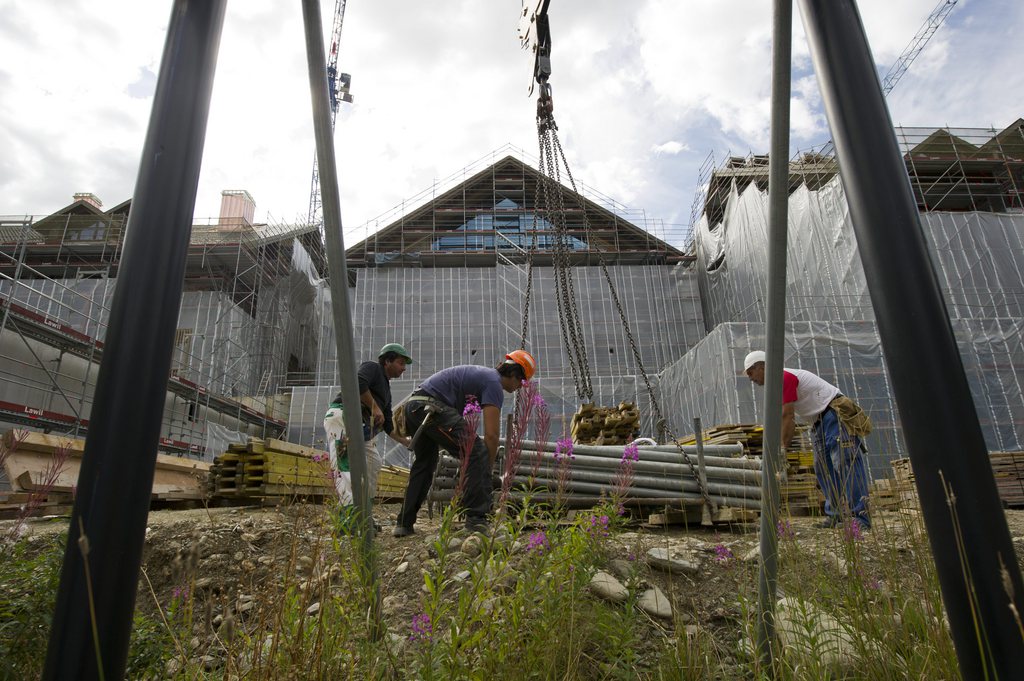Limits on EU immigration seen as signal

The decision by the Swiss government to limit immigration from the European Union for one year is seen by most national newspapers as a signal that it is dealing with domestic concerns about a steady influx of foreign workers.
“The cabinet has sent a clear message that it takes the concerns of the Swiss population about immigration seriously,” Zurich’s Tages-Anzeiger wrote.
Lausanne’s 24 Heures said the move shows that the cabinet now understands that it has to do something about the population’s discontent related to the effects of the free movement agreement. It wrote that it has “become urgent to release some of that pressure”.
“The rise in immigration in the past few years is much higher than was forecast. And the crises in southern Europe have unleashed a wave of migration due to poverty that in some cases will end being a drain on Switzerland’s social security,” pointed out the Tages-Anzeiger.
Fribourg’s La Liberté said the government now had to earn the people’s trust and not just make promises.
“The Swiss have already shown in the past that they understand that European immigrants contribute to the country’s prosperity, but they must be convinced that wage dumping is being dealt with as promised and that petty crime, which is unfairly blamed on all migrants, is properly sanctioned.”
“The liberalised job market has made more and more people feel like losers. … they complain about competition for jobs, pressure on pay, high rents, full trains and urban sprawl,” added the Tages-Anzeiger.
Switzerland, which is not a member of the EU, concluded more than 200 bilateral accords with the 27-nation bloc.
Under a key labour agreement, which came into force in 2002 and was extended in two stages, nationals from the 27-nation bloc are in principle entitled to live and work where they choose.
Under the so-called safety clause, Switzerland has the right to limit immigration. On Wednesday the council decided to cap immigration quotas for another 12 months.
Such quotas were already introduced against eight mainly eastern European states a year ago, but the government also plans to apply the same measures against the so-called EU-17 states, including Germany, France, Italy, Spain and Britain.
More than 1.2 million people from EU states currently live in Switzerland. Swiss voters will have the final say on extending the accord to Croatia, which is due to join the EU in June.
Compromise solution
The newspapers agreed that the cabinet opted for a compromise because it does not want to provoke the EU.
The Neue Zürcher Zeitung (NZZ) said that “out of consideration for the interests of the European Union, Switzerland has opted for a “middle course, which does not exhaust all possibilities provided by the safeguard clause”.
Zurich’s Blick tabloid reckoned that the move by the cabinet may still infuriate those in the EU – from Paris to Berlin, and Rome to Warsaw – even if there will be an initial show of understanding. Switzerland’s position in Europe has not become easier, it wrote.
Most newspapers say that the economic effects will only be slight. “The marginal restriction is not only economically bearable, but should also be feasible with regard to European politics,” the NZZ added.
The government “admits the measures taken yesterday will only have a small effect on immigration,” La Liberté wrote. It called the move “the art of dealing with a real problem with a symbolic solution”, adding that “any action by business leaders would have more effect than the timid signal made by cabinet.”
The cosmetic character of the measure is in stark contrast to its goal, Le Temps wrote. “Believing it will reassure the Swiss population seems naive,” it said. “Because people aren’t stupid, they will realise that European migratory pressure will not really drop.”
The Tages-Anzeiger agreed with the government that the current safeguard clause in itself will not be enough to resolve the situation. The paper called on the cabinet to introduce tougher measures before the next nationwide votes on immigration.
Neuchâtel’s L’Express agreed it was unlikely that a measure limited to just one year would convince voters to reject two separate initiatives demanding restrictions on immigration launched by rightwing and leftwing backers.
“People aren’t stupid,” L’Express wrote. “If they reject the initiatives, it will be because they understand the consequences and not because the safeguard clause, which is little more than pixie dust, has been activated.”
Type B permits grant residence for foreign nationals for a longer period of time for a certain purpose with or without gainful employment.
The short-term L-permit is for people from EU and Efta member states with a contract of employment of up to 12 months.
Under a key labour accord between Switzerland and Brussels, nationals from the 27-nation bloc are in principle entitled to live and work where they choose. It came into force for the first 17 member states in 2002 and was extended in two stages to include an additional ten states.

In compliance with the JTI standards
More: SWI swissinfo.ch certified by the Journalism Trust Initiative














You can find an overview of ongoing debates with our journalists here . Please join us!
If you want to start a conversation about a topic raised in this article or want to report factual errors, email us at english@swissinfo.ch.